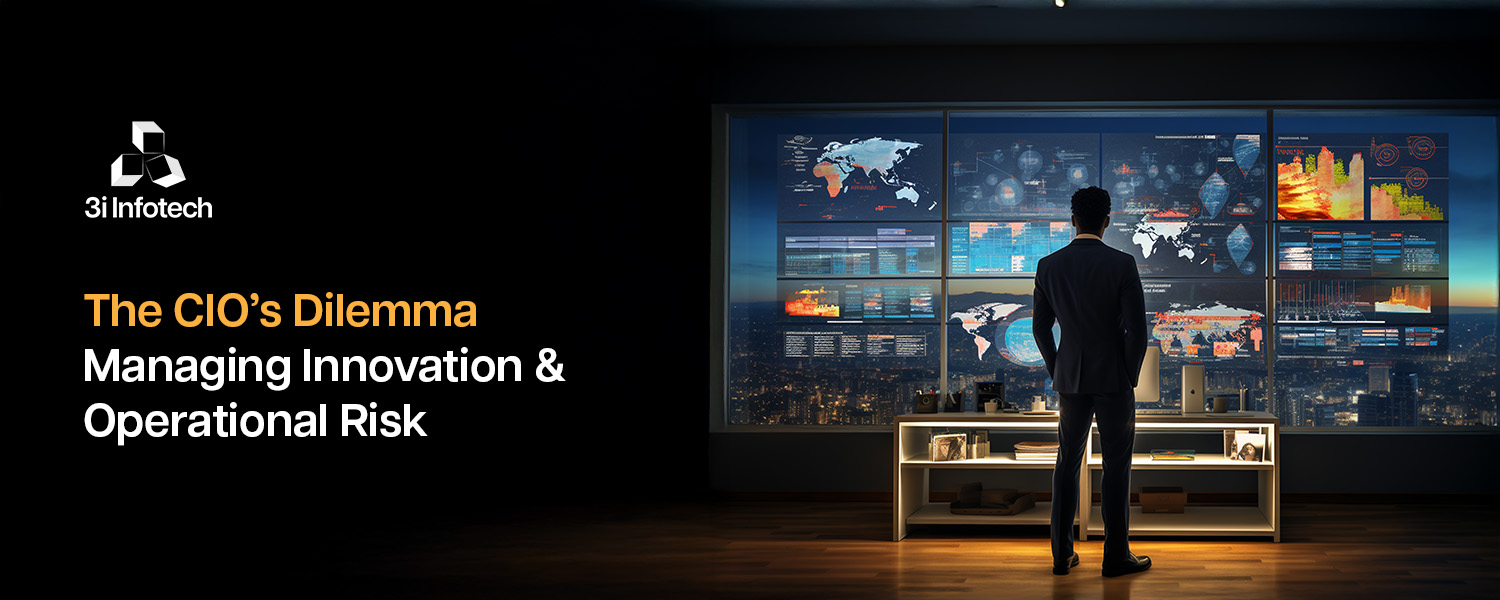In today’s fast-evolving digital economy, the role of the CIO is becoming increasingly complex as they are tasked with driving innovation while simultaneously safeguarding the organization from operational risks. The CIO’s dilemma lies in achieving this delicate balance: on one hand, stakeholders expect continuous digital innovation through the integration of AI, automation, and cloud-native applications; on the other, there is an ever-present demand to ensure data security, regulatory compliance, and infrastructure resilience.
The pressure intensifies in North America where enterprises operate in highly competitive, fast-paced markets that reward agility and penalize disruption. Emerging technologies such as generative AI and edge computing promise significant efficiencies but also introduce new vectors of risk, including ethical concerns, shadow IT, and the need for constant upskilling. The evolving threat landscape, characterized by sophisticated cyberattacks and complex compliance mandates such as CCPA and HIPAA, further adds to the CIO’s responsibilities, making it imperative to deploy proactive risk management frameworks alongside innovation strategies.
To navigate this dual mandate, CIOs are increasingly relying on strategic IT partners who can provide robust governance frameworks, scalable infrastructure solutions, and advisory services that align IT capabilities with business goals. Success in this environment demands a comprehensive approach that blends agility with control, fosters a culture of innovation while maintaining a strong security posture, and integrates new technologies without disrupting business continuity.
CIOs are also prioritizing the development of resilient IT architectures that support business scalability, provide real-time data insights, and enable cross-functional collaboration across geographically dispersed teams. The rise of hybrid and multi-cloud environments has further elevated the importance of interoperable systems and unified monitoring tools to maintain visibility and performance across complex IT landscapes.
3i Infotech addresses this very dilemma by offering an integrated portfolio of services designed to empower CIOs with both innovation and control. Through solutions such as managed cloud services, intelligent automation, AI-driven analytics, and comprehensive cybersecurity frameworks, 3i Infotech enables organizations to innovate confidently while minimizing exposure to risk.
The company’s consultative approach ensures that digital initiatives are grounded in strong operational oversight, delivering measurable business value without compromising on stability or compliance. With its deep domain expertise and customer-centric delivery models, 3i Infotech supports CIOs in building adaptive, future-ready IT ecosystems that not only meet today’s challenges but also position enterprises for sustained success in an increasingly digital world. In a world where the pace of change can easily outstrip an organization’s ability to manage it, having a partner like 3i Infotech helps CIOs not only adapt but lead through transformation with resilience and strategic clarity.

